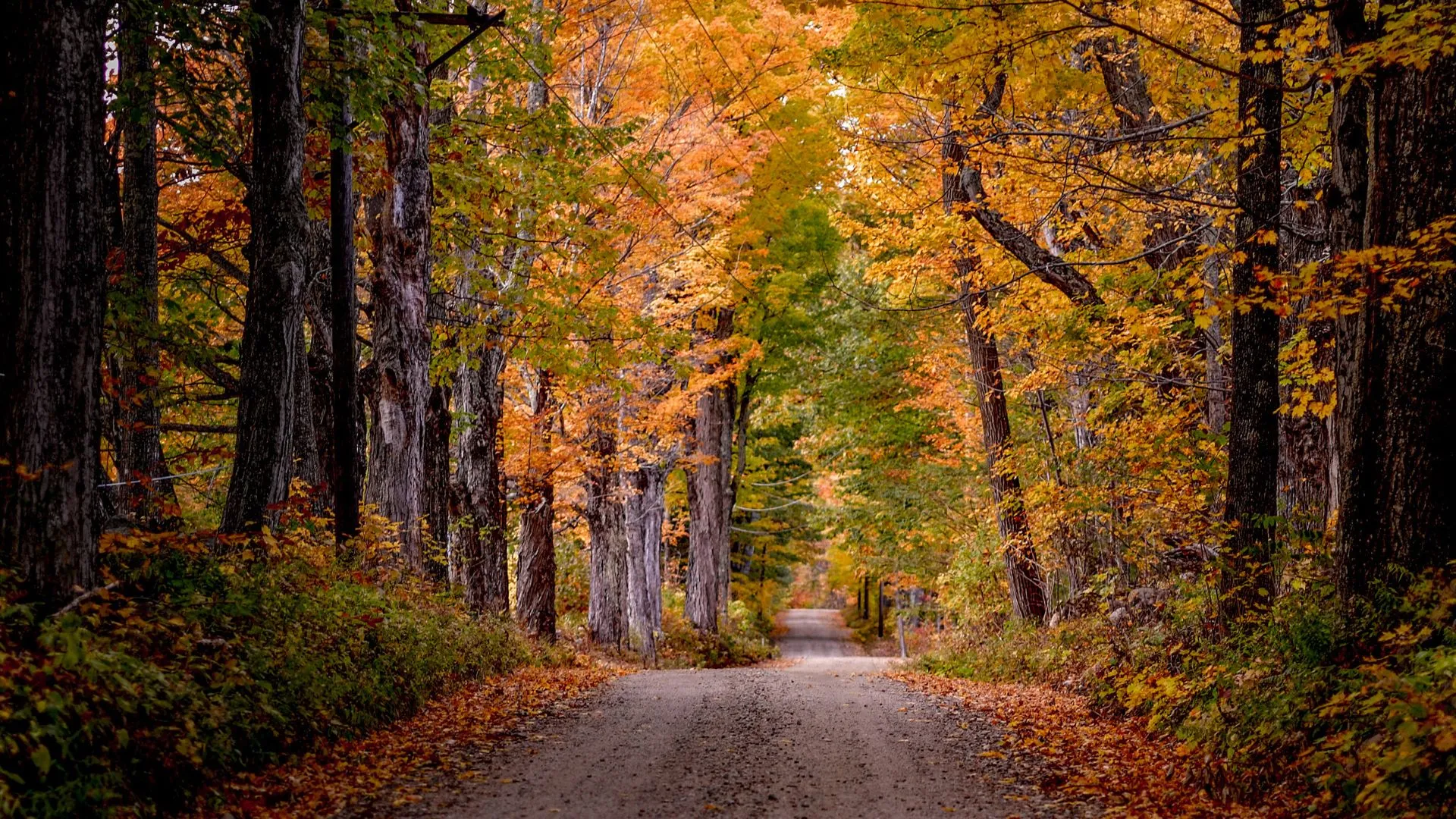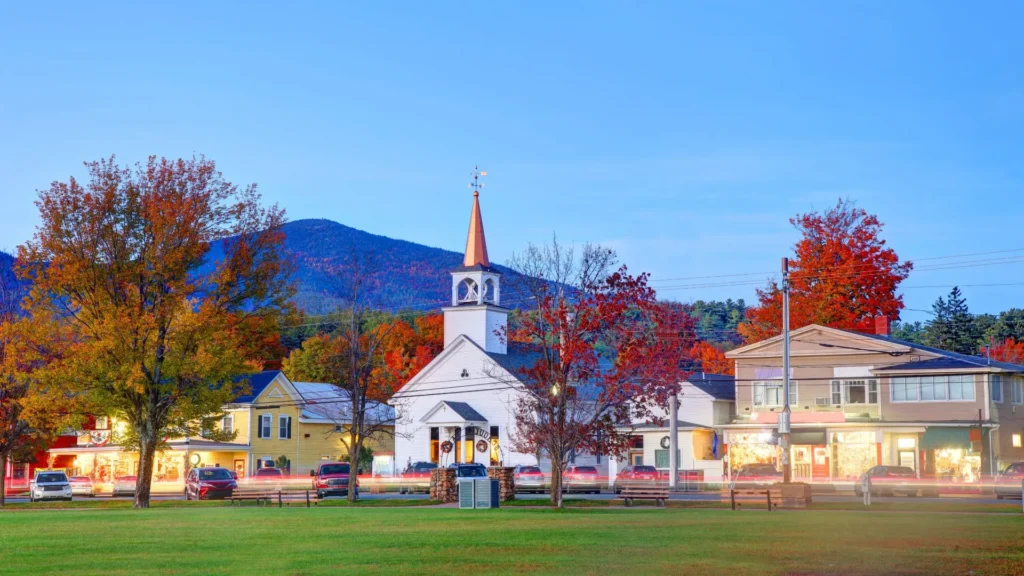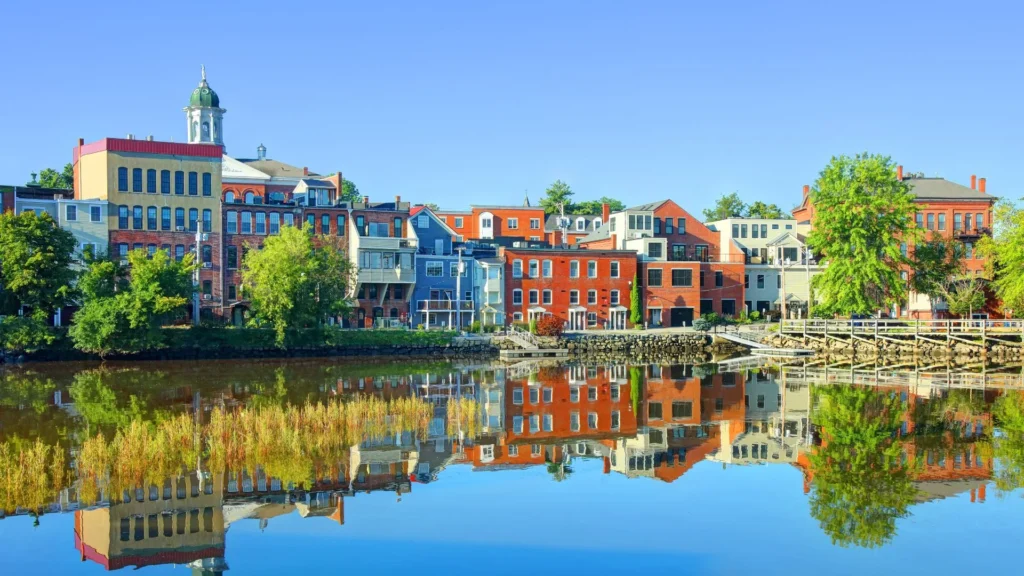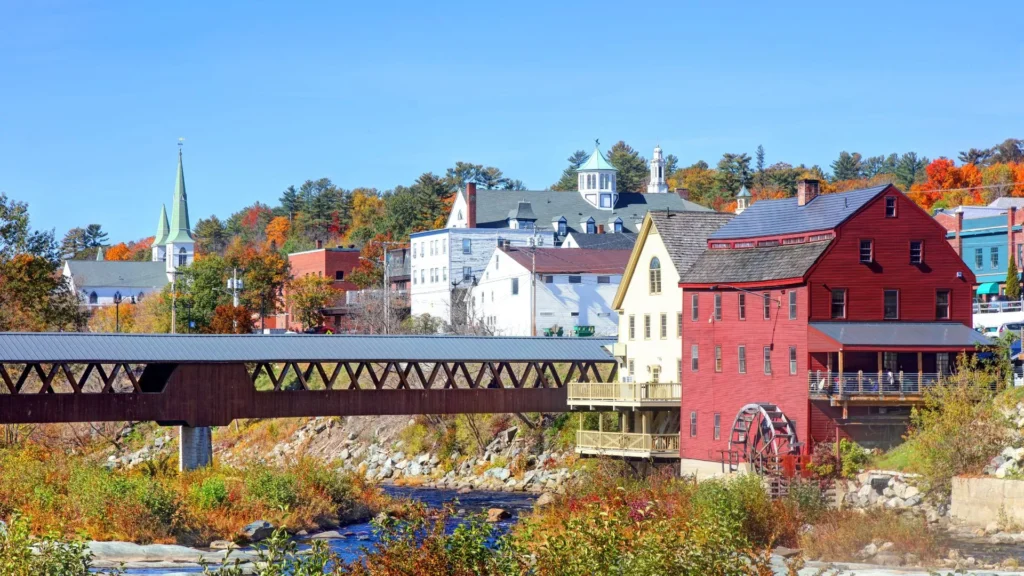
Best Restaurants in Sugar Hill NH: Culinary Delights Await
Explore the top-rated restaurants in Sugar Hill NH. From fine dining to cozy cafes, discover culinary excellence in Sugar Hill New Hampshire.

Things to Do in Sugar Hill NH: Explore Exciting Activities
Discover fun and exciting things to do in Sugar Hill NH. Explore attractions, events, and outdoor adventures in Sugar Hill New Hampshire.

Homes for Sale in Sugar Hill NH: Find Your Dream Property
Browse through listings of homes for sale in Sugar Hill NH and find your perfect property in this charming New Hampshire town.

Shopping in Sugar Hill NH: Explore Retail Therapy
Discover the best shopping spots in Sugar Hill NH. Explore boutiques, galleries, and more for a delightful retail experience in Sugar Hill New Hampshire.

Annual Events in Sugar Hill NH: Explore Local Festivities
Discover the vibrant annual events in Sugar Hill NH. From festivals to concerts, experience the best of Sugar Hill New Hampshire’s community celebrations.

Schools in Sugar Hill NH: Explore Education Options
Discover the best shopping spots in Sugar Hill NH. Explore boutiques, galleries, and more for a delightful retail experience in Sugar Hill New Hampshire.

History of Sugar Hill NH: Unveiling the Rich Past
Delve into the fascinating history of Sugar Hill NH. Learn about its origins, significant events, and cultural heritage in Sugar Hill New Hampshire.
Sugar Hill New Hampshire Relocation Guide
Relocating to a new town is a significant decision filled with both excitement and challenges. If you’re considering moving to Sugar Hill, New Hampshire, you’re opting for a life of serene landscapes, a tight-knit community, and a rich history. This comprehensive guide will provide you with all the essential information to make your transition to Sugar Hill smooth and enjoyable.

1. Introduction to Sugar Hill, New Hampshire
Sugar Hill, nestled in Grafton County, is a small yet charming town known for its breathtaking views and tranquil environment. With a population of around 600 residents, Sugar Hill offers a close-knit community where everyone knows their neighbors. This picturesque town is surrounded by the stunning White Mountains, making it a haven for nature lovers.
2. Rich History and Heritage
Founded in 1789, Sugar Hill has a deep historical background that is reflected in its well-preserved buildings and landmarks. The town’s history is closely tied to its agricultural roots and its development as a popular summer retreat in the 19th century. The Sugar Hill Historical Museum offers fascinating insights into the town’s past, showcasing artifacts and exhibits that tell the story of Sugar Hill’s development over the centuries.
3. Cost of Living
Understanding the cost of living is crucial when planning a relocation. Sugar Hill offers a cost of living that is generally lower than the national average, making it an attractive option for many.
3.1 Housing Market
The housing market in Sugar Hill is diverse, with options ranging from historic homes to modern properties. The median home price is lower than the national average, reflecting the town’s affordability and quality of life. Rental prices are also reasonable, with a variety of options available to suit different needs and budgets.
3.2 Utilities and Groceries
Utilities and groceries in Sugar Hill are generally in line with national averages. Residents can expect to pay around $150-$200 per month for basic utilities, including electricity, heating, cooling, water, and garbage. Grocery costs vary, but local markets and nearby chain stores offer a variety of options to fit different budgets.
4. Employment Opportunities
Sugar Hill offers a unique employment market with opportunities primarily in tourism, agriculture, and small businesses. The town’s economy is bolstered by its scenic attractions, which draw visitors year-round. Major employers in the area include local inns, restaurants, and farms.
4.1 Job Hunting Resources
For job seekers, resources such as Indeed, LinkedIn, and local job boards are invaluable. Networking within the community and attending local job fairs can also increase your chances of finding employment in Sugar Hill.
5. Education and Schools
Sugar Hill is known for its commitment to quality education. The town is served by the Lafayette Regional School District, which includes several well-regarded public schools. For higher education, nearby institutions such as Plymouth State University and White Mountains Community College offer a range of undergraduate and graduate programs.
5.1 Public Schools
The public schools serving Sugar Hill are recognized for their academic excellence and extracurricular opportunities. Lafayette Regional School and Profile School are particularly notable for their dedicated staff and comprehensive curriculums.
5.2 Private and Charter Schools
For those seeking alternative education options, there are several private and charter schools in the nearby areas. These institutions often offer specialized programs and smaller class sizes, providing a more tailored educational experience.
6. Healthcare Facilities
Access to quality healthcare is a significant consideration for any move. While Sugar Hill does not have its own hospital, residents have access to excellent healthcare facilities in nearby towns. The Littleton Regional Healthcare is a comprehensive medical center offering a wide range of services from emergency care to specialized treatments. Numerous clinics and healthcare providers throughout the region ensure residents have access to top-notch medical care.
7. Transportation and Commute
Getting around Sugar Hill is straightforward, thanks to its well-maintained transportation infrastructure. The town offers a mix of scenic driving routes, biking, and walking paths, making it accessible for residents and visitors alike.
7.1 Public Transportation
While Sugar Hill does not have an extensive public transportation system, the town is served by North Country Transit, which provides bus services to nearby areas. This service is affordable and reliable, making it a practical option for those who prefer not to drive.
7.2 Driving and Parking
For those who prefer to drive, Sugar Hill is conveniently located near major highways such as I-93 and Route 302, providing easy access to nearby cities and towns. Parking in Sugar Hill is generally available, with ample street parking and public lots.
8. Recreational Activities
Sugar Hill offers a wide array of recreational activities for all ages. From outdoor adventures to cultural experiences, there’s something for everyone to enjoy.
8.1 Parks and Outdoor Spaces
The town boasts numerous parks and outdoor spaces such as Harman’s Cheese & Country Store, which offers beautiful views, hiking trails, and picnic areas. The Franconia Notch State Park is perfect for hiking, biking, and exploring the natural beauty of the White Mountains.
8.2 Arts and Culture
Sugar Hill’s vibrant arts scene is a major draw for many residents. The Sugar Hill Sampler and local art galleries showcase the work of regional artists. Additionally, the town hosts several art festivals and cultural events throughout the year.
9. Dining and Nightlife
Sugar Hill is home to a diverse culinary scene that ranges from cozy cafes to fine dining establishments.
9.1 Local Cuisine
The town’s restaurants offer a variety of cuisines, with many featuring locally sourced ingredients. Popular spots like Polly’s Pancake Parlor and Sugar Hill Inn are must-visits for food enthusiasts.
9.2 Nightlife
While Sugar Hill is a small town, it still offers a lively nightlife. Local bars, pubs, and music venues provide plenty of options for an enjoyable night out.
10. Community and Lifestyle
One of the most appealing aspects of Sugar Hill is its strong sense of community. The town hosts numerous events and festivals throughout the year, fostering a close-knit community feel.
10.1 Annual Events
Events such as the Sugar Hill Lupine Festival and the Sugar Hill Fall Festival bring residents together and celebrate the town’s unique culture. These events often feature local music, food, and crafts, offering a great way to connect with neighbors.
10.2 Volunteer Opportunities
For those looking to get involved, Sugar Hill has a range of volunteer opportunities. Local organizations and charities are always looking for enthusiastic volunteers to help with various causes and community projects.
Conclusion
Relocating to Sugar Hill, New Hampshire offers a unique blend of small-town charm, natural beauty, and a welcoming community. From its rich history and excellent education system to the thriving job market and diverse recreational activities, Sugar Hill is an ideal destination for individuals and families alike. With this guide, you’re now well-equipped to make your move to Sugar Hill a smooth and enjoyable experience. Welcome to your new home!




















